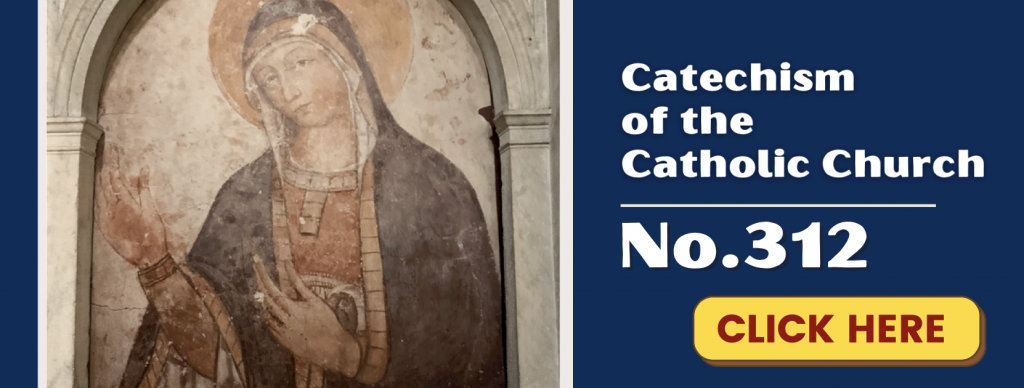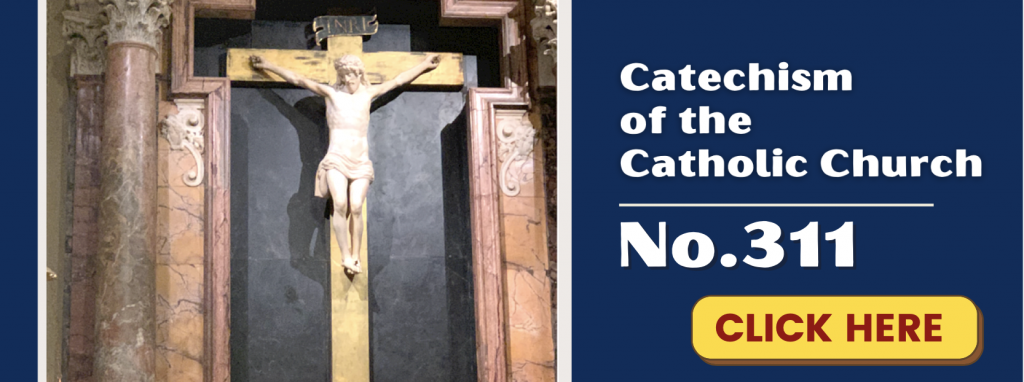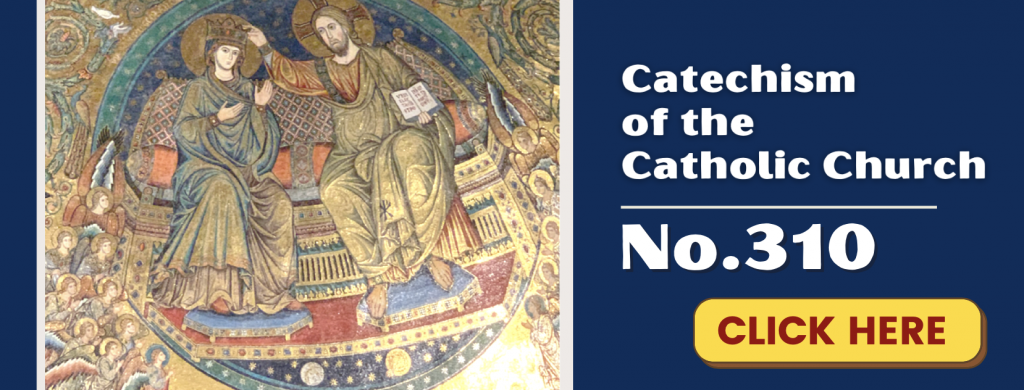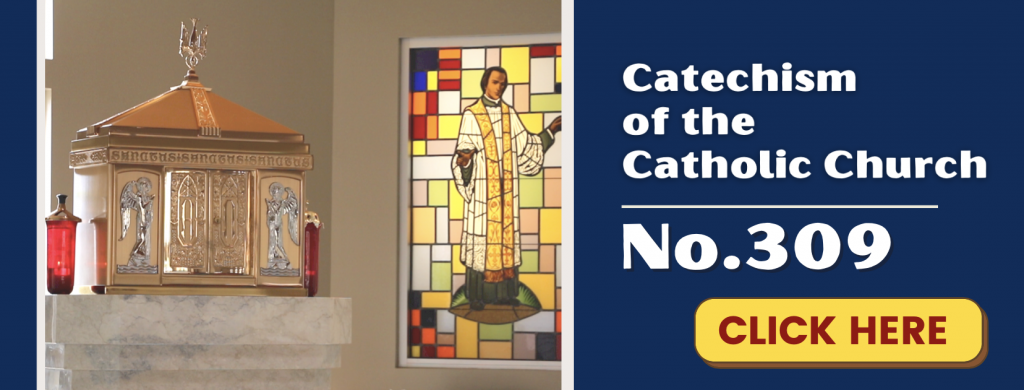
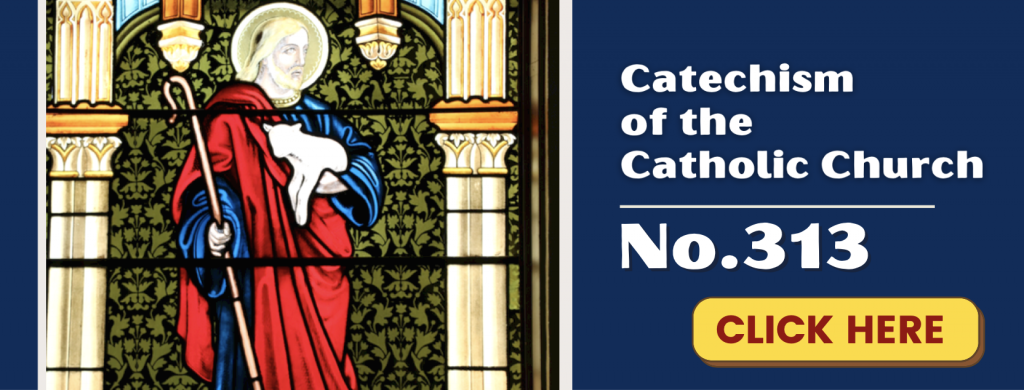

“For greater things you were born.” (Ven. Mother Luisita)
MONDAY, April 12th Jn. 3: 1-8 Jesus answered, “Amen, amen, I say to you, unless one is born of water and Spirit he cannot enter the Kingdom of God.”
- Catholic-Christian Baptism is being born of water and the Holy Spirit. Yesterday we celebrated the Solemnity of Divine Mercy Sunday! Indeed, Jesus’ Divine Mercy is unfathomable, a grace so great that it is beyond the comprehension of both the Angels and Saints in heaven and on earth!!!
- Divine Mercy forgives the sinner, paving the way for an even greater mystery of God’s Mercy – reception of the most Holy Eucharist – reception in our body and soul of the Body, Blood, Soul and Divinity of Jesus Christ, the Lamb of God who takes away the sins of the world!
- As an adjunct to Divine Mercy Sunday, let us pray with the following new article by Fr. Ed. Broom, OMV
LIVE OUT THE GREATEST PRAYER: HOLY MASS! by Fr. Ed Broom, OMV
There is nothing greater on earth then the Holy Sacrifice of the Mass; it is where Heaven unites with earth in a symphony of praise, adoration, worship, thanksgiving, supplication and reparation. Before offering a ten-step program to improve our participation in Holy Mass, let us spend a brief time in meditating and reflecting on what some of the great saints have said in praise of the Holy Sacrifice of the Mass.
St. Thomas Aquinas: “Man should tremble, the world should quake, all Heaven should be deeply moved when the Son of God appears on the altar in the hands of the priest.”
St. Leonard of Port Maurice: “Know, O Christian, that the Mass is the holiest act of religion. You cannot do anything to glorify God more, nor profit your soul more than by devoutly assisting at it, and assisting as often as possible.”
St. Francis of Assisi: “It would be easier for the world to survive without the sun than to do so without Holy Mass.”
St. Pio of Pietrelcina: “No human tongue can enumerate the favors that trace back to the Sacrifice of the Mass. The sinner is reconciled to God; the just man becomes more upright; sins are wiped away; vices are uprooted; virtue and merit increases; and the devil’s schemes are frustrated.”
St. Bernard: “Martyrdom is nothing in comparison with the Mass because martyrdom is the sacrifice of man to God, whereas the Mass is the sacrifice of God to man.”
Now we offer ten brief but important suggestions on ways that we can live out the Holy Sacrifice of the Mass more efficaciously. Our sanctification and salvation depend on Holy Mass and how we live out the fruits of this Greatest of all Miracles!]
PREPARATION:
1. PREPARATION: COME EARLY BEFORE MASS STARTS. One of the ways in which we truly diminish the efficacy of the graces that we receive from the greatest prayer and Gift left to us from the Sacred Heart of Jesus is to be lazy in our preparation for Holy Mass. This becomes manifest in a lazy, nonchalant, flippant attitude when sauntering in late for Mass, with no misgivings. If we were invited to a banquet with a King and Queen, no doubt our punctuality would not be in jeopardy. Yet how often and even common it is to come late to visit the King of Kings and the Lord of Lords, the Creator of the universe, in Holy Mass!
2. PLACE YOUR OWN INTENTIONS ON THE ALTAR OF THE MASS. In the Parish, usually the priest has a specific intention for the Mass. However, this should not exclude your own intentions. There are no limits to intentions, but three could be of great value:
- PURGATORY. Pray for the souls in Purgatory. These souls are saved, but must be purified of the sins that they did not repair for sufficiently while on earth. Your personal Mass intention for these poor souls could greatly alleviate their sufferings, or even free them completely so they can make their flight to Heaven.
- CONVERSION OF SINNERS. Many sinners can be converted by the fervent prayers of others. The most powerful prayer is the Holy Sacrifice of the Mass and fervent Holy Communions. Let us work with the Lord for the salvation of souls by offering the Body, Blood, Soul, and Divinity of Jesus to the Father imploring mercy for the conversion of poor sinners.
- PERSONAL CONVERSION OF HEART. Until we die, we are all called to personal conversion. The first words in the Public ministry of Jesus were: “Be converted because the Kingdom of God is at hand.” (Mk. 1:15). This can be applied to Holy Communion. We are transformed into what we eat. Upon receiving Holy Communion, we become transformed by consuming the Host, for in it is the Most Sacred Heart of Jesus and His most noble sentiments. What is lacking in our poor heart can be more than abundantly supplied in Holy Communion if we desire it!
3. PARTICIPATE IN HOLY MASS. The Church Documents. (Sacrosanctum Concilium) warmly encourage us to participate in Holy Mass. Passive, inattentive, distracted presence in the Mass is counter-productive. The more actively we are engaged, the more abundant the graces will flow upon us and the whole world. Spiritual bench-warmers in Mass unfortunately are all too many!
Often the Holy Sacrifice of the Mass has been divided into two essential parts: 1) The Liturgy of the Word; 2) The Liturgy of the Eucharist.
LITURGY OF THE WORD.
4. LISTEN ATTENTIVELY TO THE WORD OF GOD. One of the key parts of the Holy Sacrifice of the Mass is “The Liturgy of the Word”. On Sundays, the rich Banquet of the Word of God offers us three wonderful Readings. How we should hunger for the Word of God. Jesus responded to the devil: “Man does not live on bread alone but on every word that comes forth from the mouth of God.” (Mt. 4:4) In most Sunday Masses, the First Reading is taken from the Old Testament, followed by part of a Psalm. Then the Second Reading is taken from the New Testament, usually from one of the Epistles/Letters of St. Paul. Finally, the most important and prominent Reading is from one of the Gospels. For this last of the Readings we stand, manifesting our great reverence in encountering Jesus. May we listen attentively to the Word of God, understand it with our mind, and put it into practice. Then the priest, who represents Jesus the High Priest, in his homily explains the Readings and how we can put the Word of God into practice in our daily lives. May we listen attentively and heed the challenge to follow Christ and His living Word.
5. THE PROFESSION OF FAITH / THE CREED. Following the Readings is the Profession of Faith, also known as the Creed. We stand and profess what we believe as followers of Jesus Christ. If a non-believer were to ask you what you believe as a Catholic, right away you could refer them to the Creed in the Mass. Then you could refer them to the Catechism of the Catholic Church which explains the Creed in the most minute detail. Upon receiving the Sacrament of Confirmation we should be ready to be an Apostle, ready and willing to defend the faith, as well as to spread the faith. Indeed, one of the best ways to grow in our faith is to share it with others.
LITURGY OF THE EUCHARIST
The Council Fathers speak about two tables from which we are called to nourish our souls. Our mind consumes the Word of God; our soul, the Eucharistic Presence of Jesus, the Bread of Life. The Liturgy of the Eucharist can actually be divided into three essential parts: Offertory, the Consecration, and Holy Communion. These three parts will be explained briefly. May we sincerely strive to live the Holy Sacrifice of the Mass!
6. THE OFFERTORY. This essential part of Holy Mass consists of the faithful offering a monetary donation and then the presentation of the gifts, at times characterized by the Offertory Procession. In the Offertory, we return to our intentions that we placed on the altar as we arrived early even before Mass started. Once again, in spirit, we deposit on the altar all of our intentions: Souls in Purgatory, the conversion of sinners, and our own personal conversion. Actually, you can place as many intentions on the altar as you like. The more intentions we offer, the more pleasing to God.
7. CONSECRATION. This is the sublime and solemn moment in the Holy Sacrifice of the Mass where you witness “The Greatest Miracle” occur. When the priest pronounces the words of Consecration over the Bread and Wine, there is a radical transformation. In fact, the Bread and Wine are transformed into the Body and Blood of Jesus the Lord. Upon this double consecration, rapt in awe, we worship the same Jesus who was crucified and rose from the dead. It is the same Lord, but under the Eucharistic species. “O come, let us adore Him!”
8. HOLY COMMUNION. We have arrived at the culminating moment of the Holy Sacrifice of the Mass— Holy Communion. Never should we forget even for an instant that Holy Communion is truly and substantially the Body, Blood, Soul, and Divinity of Our Lord and Savior Jesus Christ. If we are in the state of sanctifying grace, then we can approach to receive this most sublime Gift—God Himself. However, our attitude of heart should be great humility, purity, faith, and hunger for the Bread of Life. The two greatest gestures we can do on earth is to receive absolution from the priest in Confession, and to receive Holy Communion! However, it must be said, the better the disposition of our heart, the more abundant the graces.
9. THANKSGIVING. After we have received Jesus in Holy Communion, we should not rush off, but rather spend some time in silence to render Jesus abundant thanksgiving. In the words of the Psalmist: “Give thanks to the Lord for He is good; his love endures forever.” (Ps. 136:1) Thank the Lord Jesus from the depths of your heart for the great gift of Himself in Holy Communion. The word Eucharist actually means “Thanksgiving”.
10. BE A MISSIONARY: BRING THE FRUITS OF THE MASS TO THE WHOLE WORLD! If we are really living the Holy Sacrifice of the Mass, then as we leave Mass we should have the ardent desire to bring the fruits of the Holy Sacrifice of the Mass to others. Our Lady is our Model. She received Jesus in the Annunciation when she said to the Angel, “Behold, I am the hand maid of the Lord; be it done to me according to your word.” (Lk. 1:38) Then she went in haste to bring Jesus to others in the Visitation to her cousin Elizabeth. (Lk. 1:39) May we follow Mary as our example and guide. Let us bring the Eucharistic Lord to the world by our words and our actions.
In conclusion, my friends in Jesus and Mary, we can never thank God enough for the sublime Gift of the Mass and the Holy Eucharist. Let us never weary of thanking Jesus for the Mass and the Holy Eucharist. Love the Mass, live the Mass, and bring the fruits of the Mass to the whole world!
Copyright 2021 Oblates of the Virgin Mary, St. Peter Chanel Church, Hawaiian Gardens, CA

